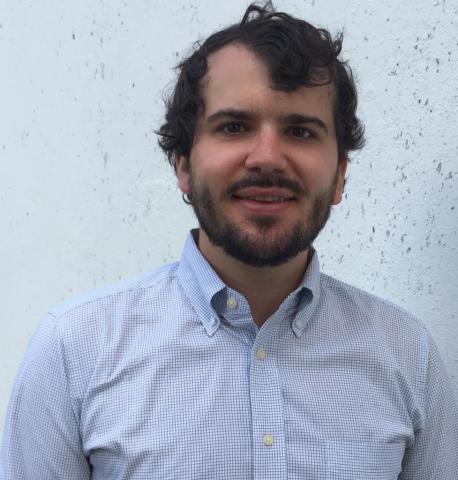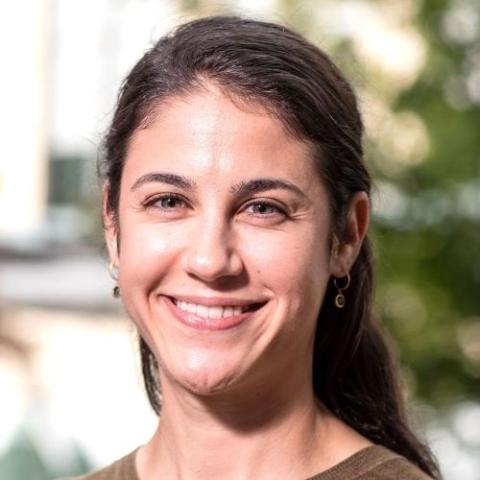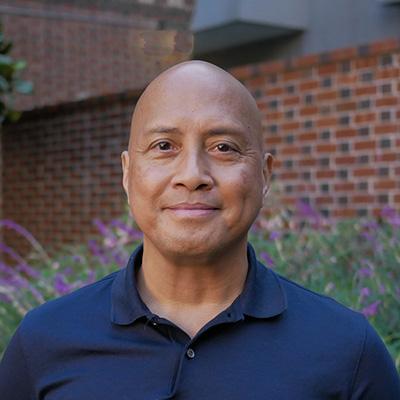The Implementation Scientific Working Group (ISWG) represents an extension of ongoing UCSF-Bay Area CFAR support for the growth of implementation science in the local academic environment.
This ISWG is committed to enhancing partnership, building core skills, and supporting novel research approaches among researchers focused on HIV prevention and treatment research approaches to accelerate knowledge to sustainable action by drawing on the growing field of implementation science methods. Our goal is to address critical gaps in implementation research strategies and facilitate their real-world applicability to HIV prevention and treatment, in partnership with interdisciplinary experts across UCSF. Through regular programming and activities, the ISWG will support the implementation of evidence-based interventions focused on ending the HIV epidemic locally, nationally, and globally.
Check our calendar for upcoming and archived meetings. Sign-up for our listserv here.*
* Requires UCSF VPN access. For support, contact Cesar Cadabes.
Specific Aims
The ISWG seeks to:
- Accelerate dissemination and diffusion of implementation science approaches among HIV researchers to strengthen the pipeline of competitive NIH-funded investigators.
- Enhance institutional capacity at UCSF to address domestic and global health challenges through expanded implementation science expertise.
Goals
- Foster a community of practice:
- Convene monthly Works-in-Progress (WIP) sessions, bi-monthly journal clubs, and regular skills-building workshops to cultivate collaboration, knowledge exchange, and applied learning in implementation science and HIV research.
- Grow the next generation of IS investigators:
- Support early-career and cross-disciplinary investigators through CFAR pilot awards, NIH K/R grant feedback sessions, and targeted mentoring opportunities.
- Advance methodological proficiency:
- Strengthen the UCSF research community’s expertise in advanced implementation science study designs, frameworks, and measurement tools..
Activities
- Convene monthly WIP meetings, in person and via Zoom, to provide formal time for researchers to present ongoing research, early data, or novel grant concept ideas in a collaborative and welcoming environment.
- Host a bi-monthly journal club to promote critical examination and future application of techniques in published, high-impact implementation science research, with emphasis on work in the HIV prevention and treatment fields.
- Conduct practical skills-building workshops every two months to enhance investigators’ proficiency in key implementation science areas, including grant-writing and research-related skills.
- Partner with other implementation science-focused initiatives at UCSF (e.g., the UCSF Partnerships for Research in Implementation Science for Equity [PRISE] Center, the Center for AIDS Prevention Studies [CAPS] Health Systems & Implementation Science Core) to offer joint implementation science seminars, training programs, and grant consultation services for junior investigators.
- Attend CFAR and inter-CFAR meetings (at IAS, CROI, or the CFAR National Meeting) to discuss cross-CFAR opportunities to advance an implementation science agenda.



